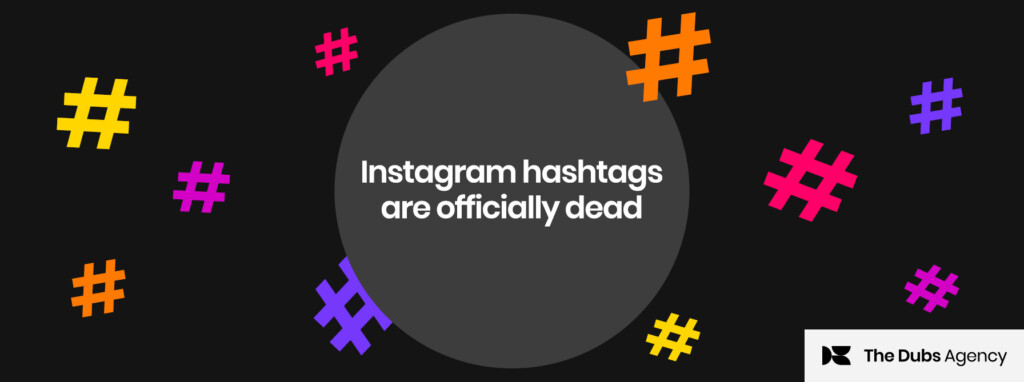At a time when Covid-19 is dominating hearts, minds and wallets, The Dubs founder and managing director Josh Frith gets passionate about the COVID-19 content imperative for both B2C and B2B finance audiences.
B2C needs COVID-19 content that educates about the impact
COVID-19 has entire populations panicked not only for their lives but for the harmful economic impacts that we’re already seeing unfold, from job losses to whole industries upended. People are getting Coronavirus newsbytes throughout the day telling them how to contain the spread of the virus, but while there is a constant stream of news updates, what they’re missing is a clear understanding of the individual impact for them financially.
I think it’s incumbent on financial service providers to step into that void.
Starting with retirement. With consumers unsure about whether they’re going to have the funds to retire, now is the time for the superannuation funds and pension houses around the world to be putting out good, straightforward COVID-19 content, explaining to their members what’s going on with the economy, with the world, and importantly, with their investments; and what the funds are looking to do to mitigate that. People will want to hear from the actuaries, the chief investment officers, the people with the skills to analyse what’s actually happening during the COVID-19 crisis.
“ People will want to hear from the actuaries, the chief investment officers, the people with the skills to analyse what’s actually happening during the COVID-19 crisis.”
Prudential’s Market Volatility Communications Center is a market-leading example, set up to explain what’s going on with the markets, what volatility means for investors and approaches to take in current circumstances, with Prudential retirement counsellors answering FAQs on video. In Australia, superannuation provider HostPlus has a central hub publishing updates for customers impacted by Covid-19.
Funds have always had this problem of people not wanting to engage with their retirement, their financial futures. Right now everyone’s attention is captured, so there’s an opportunity – actually, a societal need, to really educate people now. The funds need to really start to ramp up their content and their communication on that front.
For the financial industry, this is their time to shine.
[dianomi]
The role of banks to deliver practical COVID-19 financial advice
What we don’t need is “stay safe, keep well” messaging. We don’t need marketing messages. It’s time to pull down the window dressing, be transparent and provide information straight through from the shop floor.
Banks are the lifeblood of our economies and now is the time for them to release the knowledge that is locked up in their walls and articulate that as news and analysis as it’s occurring. Not to sugarcoat it for us, but to explain the real impacts of Coronavirus on people’s finances and give practical advice on how to take action to mitigate the effects, like Monzo is doing for their UK customers. Tell people what they can do to lay the foundations for growth going forward, to repair their finances.
It needs to be in plain English, from the banks’ smartest minds, being very factual to the issues at hand. And it needs to be consistent.
COVID-19 content that takes away the terror
When people can at least understand what’s going on, when they’re no longer facing an unknown, that takes away the terror. That’s when they have the confidence to start to do something about it.
There may be some cases where a bank has to admit they simply don’t know the answers yet – and that’s okay. Through this process of transparent education, the retail finance industry could really spark a genuine dialogue with the general population. And that could build an enduring legacy for brands.
The role of super fund or pension house or bank needs to be that of trusted informant and knowledgeable advisor.
B2B COVID-19 content imperatives
For investors too, we’re in an unprecedented time with volatility through the roof and economic data looking grim. The same principles apply as B2C. The industry experts – professional investors, the institutions and asset managers, need to be bringing the full force of their intellect, research and analytical capacity to the fore, and start to extrapolate what investors can start to expect. Because at the moment, there’s just an all-pervasive sense of panic, and that doesn’t help anyone.
Wealth and asset managers are already crunching the numbers, they are collating and analysing the data, so the base of the content is there. There’s a real economic and societal role for experts to put some boundaries around the situation, whatever they may be – however good or bad they are. In this video and pdf from March 12 for example, Head of Investment Research at Perpetual Private Kyle Lidbury, addresses the economic and investment market implications associated with Covid-19, including advice for investors. Meanwhile, a Pimco blog analyses the Federal Reserve’s emergency interest rate cut of 50 basis points.
From there, investors can start to work out what needs to happen with their portfolios, where to restructure and where the opportunities are.
Changing content consumption habits
Another thing to bear in mind: with people being at home more, they will be actively seeking information in far more guises than usual. They will be reading articles without a doubt, but likewise, they will be searching for answers on YouTube, signing up for webinars, looking across brands to see explainers and listening to podcasts to get more in-depth information episodically.
So, with a lot of the financial brands that are in the habit of setting up a blog, and rinse and repeat a round of articles every month, yes that’s still useful, but there’s a need for new and different media to fill the gap in how that’s delivered; and they need to get onto that pretty quickly.
Media like webinars and video also help create a substitute for face-to-face interactions.
We are social creatures and we draw a lot of nuances from faces and gestures. These kinds of content also humanise the bank.
All of this content activity will get people actually involved with their finances which can only be a good thing for the industry and consumers. Whether banks and super funds or pension funds have internal content workflow and the human resource to move that through, that’s another question. If they do, that’s great. If not, they need content specialists to help them get that out of their halls and in front of eyeballs.
With customers and finance brands alike under increased pressure, The Dubs can help create the content that’s needed.









